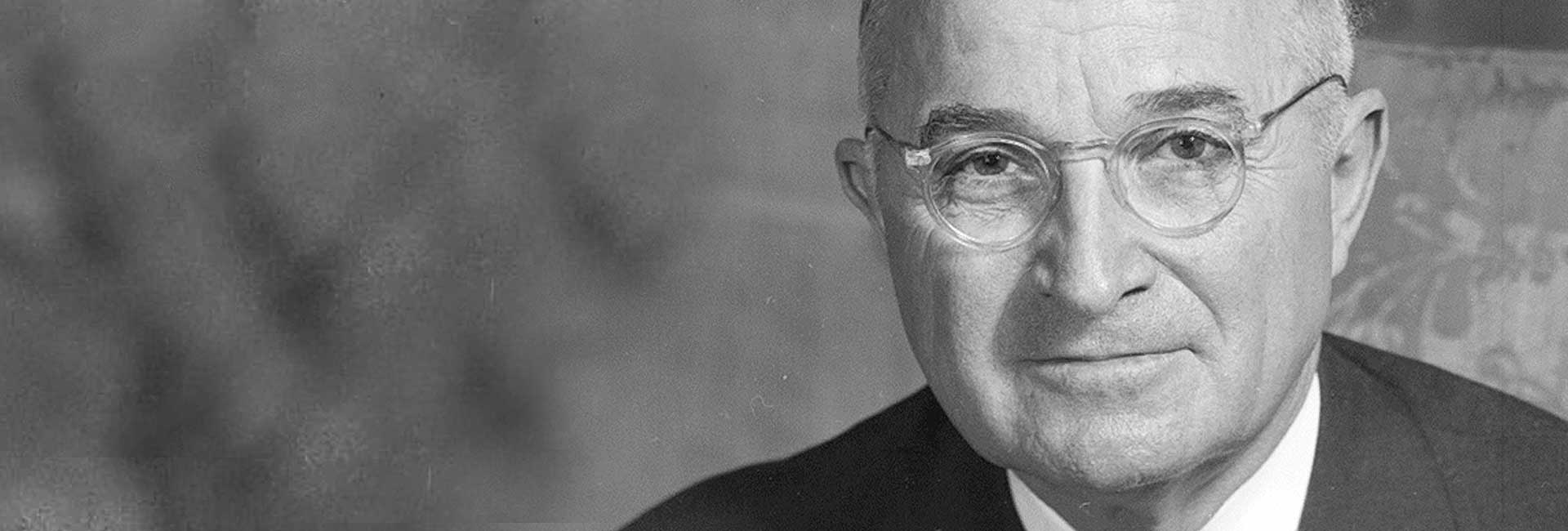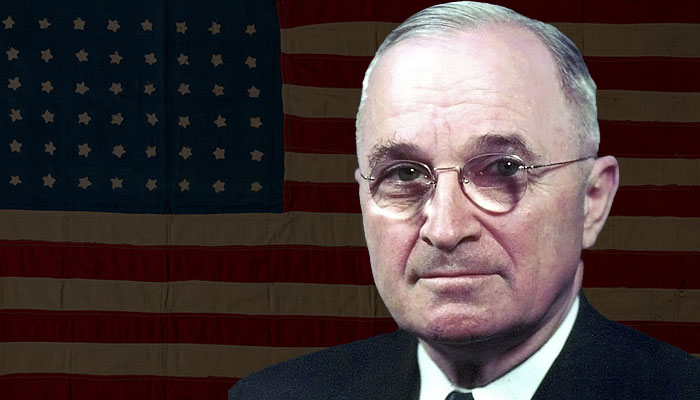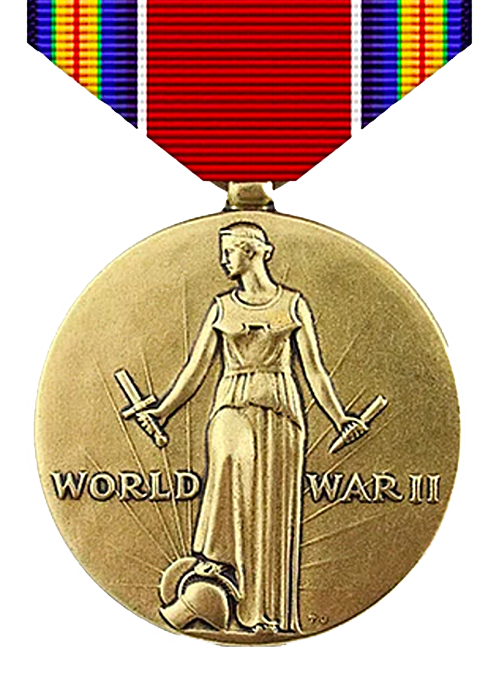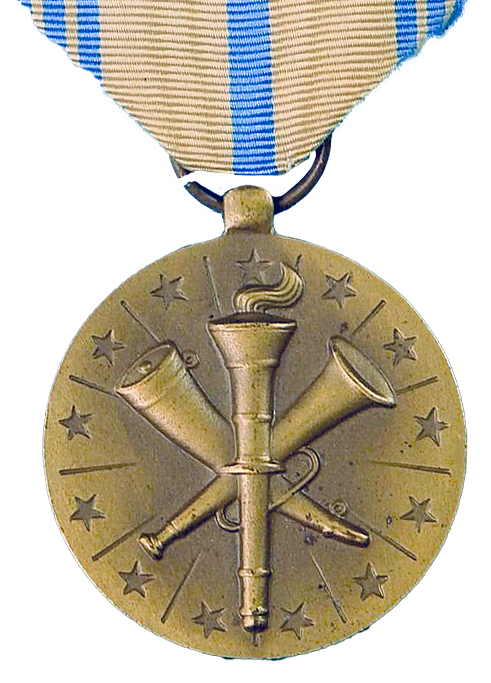
Life and death of Harry S. Truman
Life and death of Harry S. Truman, the facts
In the 1944 presidential elections, Harry Truman was elected 33rd Vice President of the United States. When President Roosevelt died on April 12, 1945, Truman became his successor in office. His main task at the start of his presidency would be to end World War 2. Truman's presidency was eventful, serving as president through the end of World War II, the beginning of the Cold War, the founding of the United Nations, and most of the Korean War.
Truman was an informal president, with many well-known catchwords and catchphrases, such as "The buck stops here", meaning that he was the one who made the decisions and had and should bear the responsibility for them.
Atomic bomb on Japan
After the German surrender on May 7, 1945, the war raged further in the Far East. To bring the conflict to a swift end, Truman decided to use nuclear weapons against Japan. Truman did not hear of the existence of the atomic bomb until he became president, because his predecessor Roosevelt had not informed him about this. On August 6, 1945, the crew of the Enola Gay dropped an atomic bomb on the city of Hiroshima. and three days later, on August 9, the city of Nagasaki also became the target of an atomic attack. The bombings killed more than 150.000 (80.000 in Hiroshima and 75.000 in Nagasaki), and that number died in the weeks that followed from injuries and radiation sickness. The immediate consequence of the use of nuclear weapons was the Japanese surrender on August 15, 1945, and with it the end of World War II.
The use of nuclear weapons against Japan is still a sensitive topic that can lead to heated discussions. Proponents argue that deploying the atomic bomb to shorten the war has saved many lives of civilians in the Japanese-occupied territories and of soldiers by avoiding a protracted, extremely bloody invasion of the Japanese islands. Opponents argue, however, that the killing of hundreds of thousands of innocent civilians through the targeted use of nuclear weapons against civilian targets is a war crime and unjustified under any circumstances, partly because of the long-term disastrous consequences.
Moreover, they question the necessity of dropping the atomic bombs before the Japanese capitulation, since Japan had already announced before August 6, 1945 that it wanted to surrender under certain conditions. However, the Potsdam Declaration on July 26, 1945, threatening Japan with "immediate and utter destruction" if it did not surrender, was rejected by the Japanese government in what it called a "deadly silence". On August 9, just hours before the second bomb was dropped, the Soviet Union declared war on the Japanese puppet state of Manchuria and invaded it. This may have contributed to Japan's decision on August 15 to capitulate to the US after all.
Death
On December 5, 1972, Truman was admitted to Kansas City's Research Hospital and Medical Center with pneumonia. He developed multiple organ failure, fell into a coma, and died at 7:50 a.m. on December 26, at the age of 88. Bess Truman opted for a simple private service at the library rather than a state funeral in Washington. A week after the funeral, foreign dignitaries and Washington officials attended a memorial service at Washington National Cathedral. Bess Truman died in 1982 and was buried next to her husband at the Harry S. Truman Library and Museum in Independence, Missouri.

-
Born: May 8, 1884
-
Lamar, Missouri, U.S.
-
Died: December 26, 1972
-
Kansas City, Missouri, U.S.


